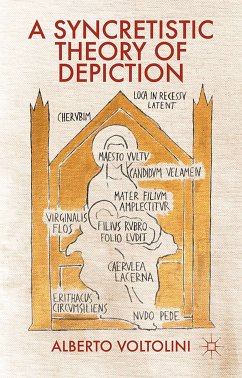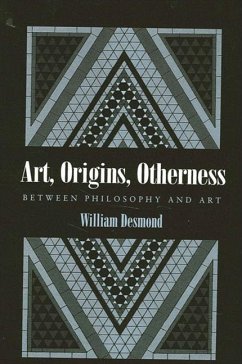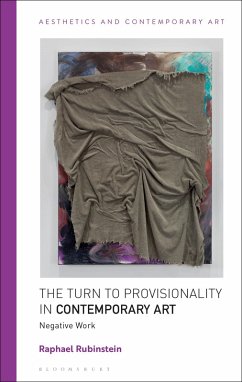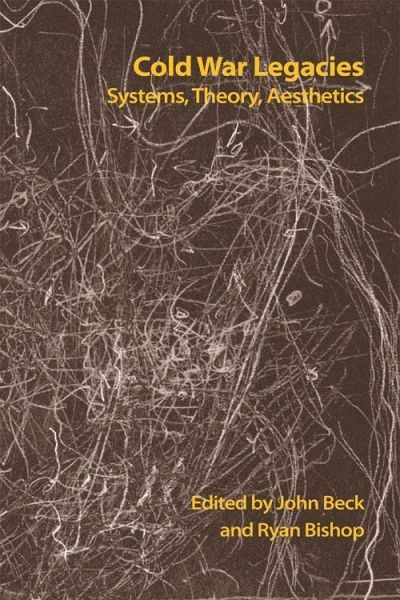
Cold War Legacies (eBook, PDF)
Legacy, Theory, Aesthetics
Redaktion: Beck, John; Bishop, Ryan
Versandkostenfrei!
Sofort per Download lieferbar
0,00 €
inkl. MwSt.
Weitere Ausgaben:

PAYBACK Punkte
0 °P sammeln!
From futures research, pattern recognition algorithms, nuclear waste disposal and surveillance technologies, to smart weapons systems, contemporary fiction and art, this book shows that we are now living in a world imagined and engineered during the Cold War.Drawing on theorists such as Jean Baudrillard, Jacques Derrida, Michel Foucault, Luce Irigaray, Friedrich Kittler, Michel Serres, Peter Sloterdijk, Carl Schmitt, Bernard Stiegler and Paul Virilio this collection makes connections between Cold War material and conceptual technologies, as they relate to the arts, society and culture.
From futures research, pattern recognition algorithms, nuclear waste disposal and surveillance technologies, to smart weapons systems, contemporary fiction and art, this book shows that we are now living in a world imagined and engineered during the Cold War.
Drawing on theorists such as Jean Baudrillard, Jacques Derrida, Michel Foucault, Luce Irigaray, Friedrich Kittler, Michel Serres, Peter Sloterdijk, Carl Schmitt, Bernard Stiegler and Paul Virilio this collection makes connections between Cold War material and conceptual technologies, as they relate to the arts, society and culture.
Drawing on theorists such as Jean Baudrillard, Jacques Derrida, Michel Foucault, Luce Irigaray, Friedrich Kittler, Michel Serres, Peter Sloterdijk, Carl Schmitt, Bernard Stiegler and Paul Virilio this collection makes connections between Cold War material and conceptual technologies, as they relate to the arts, society and culture.
Dieser Download kann aus rechtlichen Gründen nur mit Rechnungsadresse in A, B, BG, CY, CZ, D, DK, EW, E, FIN, F, GR, HR, H, IRL, I, LT, L, LR, M, NL, PL, P, R, S, SLO, SK ausgeliefert werden.




